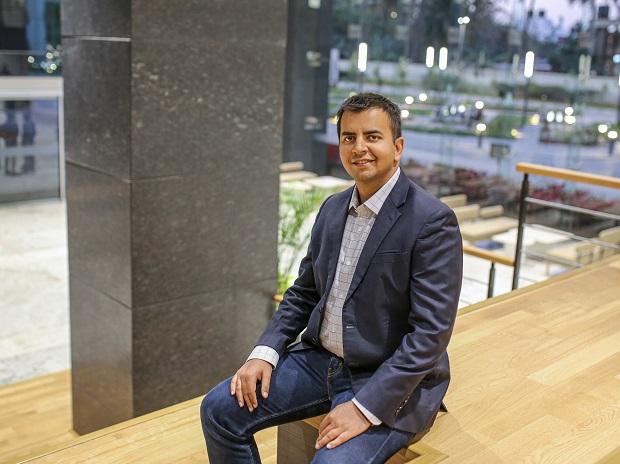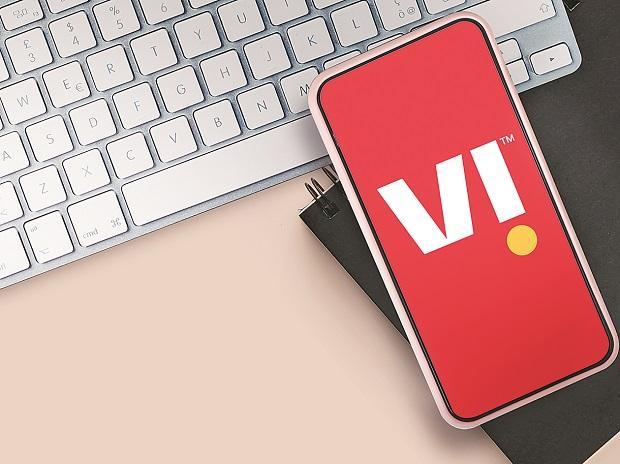Ola is a place for truly ambitious and aspirational people, said Bhavish Aggarwal, founder and CEO of Ola Group, while responding to the reports about the alleged toxic work culture at the company.
Ola is for people who want to leave behind a legacy by being part of the electric vehicle revolution in the country, said Aggarwal. The yardstick at which the firm would like to be judged is the impact it is creating, he added.
“We are a very hardworking company,” Aggarwal told reporters during an event at the Ola Campus in Bengaluru. “We are not here to build me-too product or company. We’re not here to have a nice easy time and make money, obviously, all those things will happen. But we are here to follow our dreams and follow our mission.”
A Bloomberg report alleged a hostile work culture at Ola and propagated by Aggarwal. The Bloomberg report quoted some former and current employees alleging that Aggarwal has often lost his cool, and they had to bear the brunt of his ire. This included tearing up presentations because of a missing page number and calling the staff useless and crooked paper clips or the quality of printing paper.
The report alleged that an employee at Ola Future Factory had been asked to run three laps around the several-acre plant after the founder spotted a shuttered entryway that should have been left open.
“I don’t need to address those people (employees) who are no longer here,” said Aggarwal. “True business creation is very similar to sports. And a sports environment is not where you have a nine-to-five (work). Ola is a place for truly ambitious and aspirational people who want to leave behind a legacy for themselves and, after a few years tell stories about how they were part of an (EV) revolution.”
He said this is the company’s proposition for the employees, and there are many people for whom it works well. There are also workers who may not like the management and part ways in a mutually respectful manner.
“My style is more aggressive than probably the average new-age entrepreneur,” said Aggarwal. “We have a culture of impact, merit, high quality, and execution. Many examples of people who have done well in our environment.”
He said the opportunity given to the firm is immense in creating a future and paradigms which the world will follow.
“That is what drives me, and Ola and the right kind of people resonate with that,” said Aggarwal.
When asked if Ola is cutting down spending amid an uncertain macroeconomic environment, Aggarwal said the firm has already tightened its belt and is comfortable with its cost structure. “We don’t feel the need to do any major tightening of our businesses significantly,” he said.
Regarding profitability in the two-wheeler business and plans to raise new funding, Aggarwal said the firm has a strong balance sheet and capital partners. He said Ola’s business model also doesn’t consume a lot of capital as it is a direct-to-customer brand. “You would be surprised how quickly we would achieve profitability,” said Aggarwal.
Ola Group spans the ride-hailing platform and Ola Electric. Overall the company at a group level has a total workforce of around 10,000 people. The firm has about 2,000 engineers across the ride-hailing platform and Ola Electric. The company recently said it aims to increase its engineering talent pool to 5,000 over the next 18 months.
Ola has built the world’s largest women-only factory in the Krishnagiri district of Tamil Nadu. It is being expanded to become the largest two-wheeler factory in the world, with an annual production capacity of 10 million units, contributing to one of every seven two-wheelers sold in the world.
The firm is also planning to launch an electric sports car in 2024. The plan will compete with Indian players, such as the Tata group and Mahindra & Mahindra, and global giants like Tesla and Hyundai.
It is already in direct competition with electric two-wheeler makers like Ather Energy, Hero Electric, Bajaj, and TVS Motor Company.
Ola Electric has been working to have a full-fledged electric vehicle ecosystem at a single site at its ‘Future Factory’. At full scale, the company facility “will produce a million cars, 10 million two-wheelers, and 100 gigawatt-hour of cells every year”.
The company on Saturday launched its new S1 Air electric scooter at an introductory price of Rs 79,999. The firm will also make a foray into electric motorcycles by next year.
Aggarwal said the firm had sold upwards of a lakh units since the company made a foray into the electric two-wheeler space last year in August. t is already producing more than 1,000 vehicles a day at the future factory. At present, the company has plans to scale that up. The firm expects that in the next 6-8 months, it will exhaust the current installed capacity, and it is, in parallel, expanding the capacity in the future factory.
“We can’t share numbers, but we had a festive bumper season,” said Aggarwal. “Consumer demand is very high for our products, and their preference for EVs is skyrocketing.”
Note:- (Not all news on the site expresses the point of view of the site, but we transmit this news automatically and translate it through programmatic technology on the site and not from a human editor. The content is auto-generated from a syndicated feed.))




I visited various sites except the audio quality for audio songs existing at this web site is
in fact wonderful.